Coaching for Leadership
Coaches
Coaching for Leadership
Space to reflect in-depth and gain insight to
Lead with purpose
Qualified experienced coaches
NIODA coaches have undertaken postgraduate study and practical training in the Organisational Role Analysis approach to coaching. A number of coaches have an additional certification in Analytic-Network Coaching. They are graduates of the NIODA Management Leadership (Organisation Dynamics) Masters program, or equivalent, or have a doctoral degree and years of coaching experience.
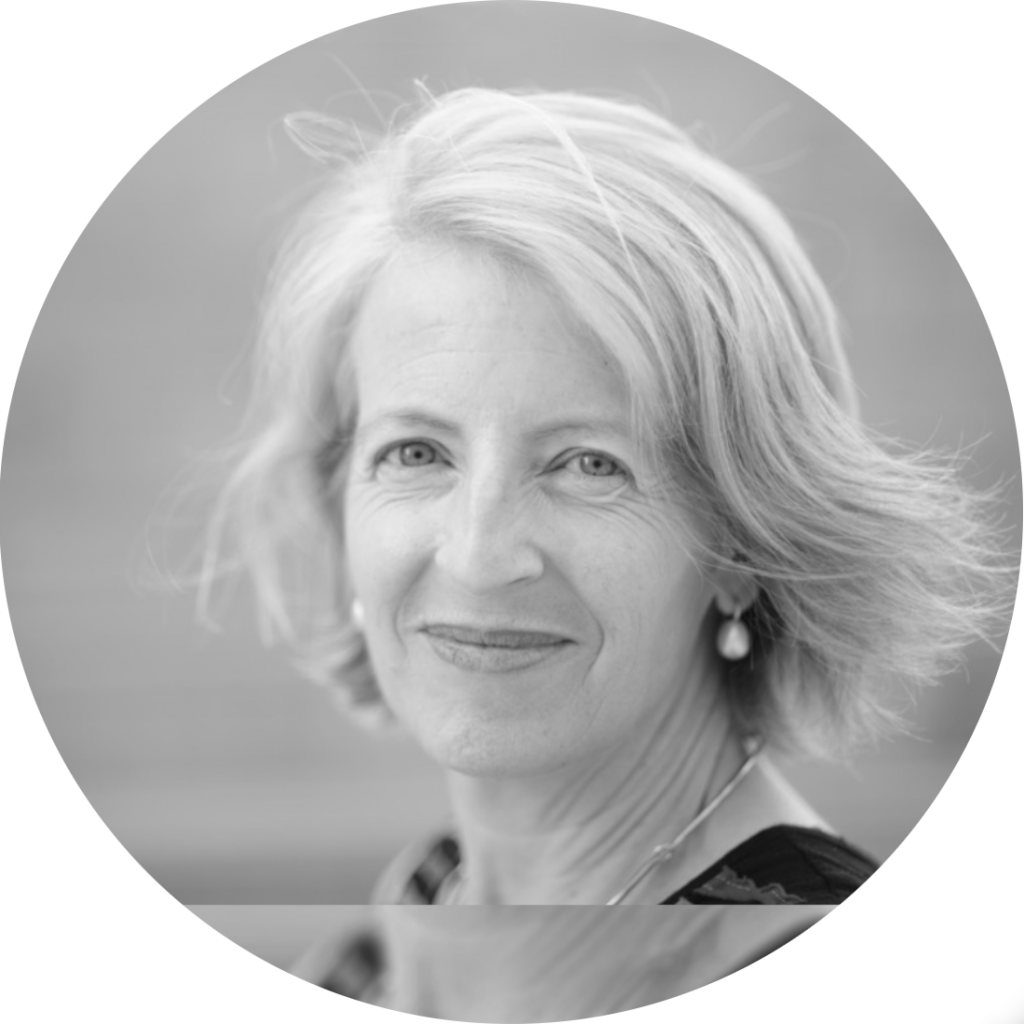
Dr Brigid Nossal
Organisational Role Analysis
A-N Coaching (accredited)
Organisational Analysis (TEF)
Brigid has worked as a coach with executives and managers for over 25 years. Her expertise is in Organisational Role Analysis and, more recently, Analytic-Network Coaching. Her approach is to work with clients to create a confidential exploratory space for examining and reflecting upon work roles, organisations, and the systems that they are part of. By supporting clients to adopt an analytical and systems focus, it is possible to get to the heart of personal and organisational challenges and how these impact both the individual and the system they are working in. Bringing two enquiring minds to the work teases out hidden assumptions and delivers new insights that support constructive decision-making. The ORA fosters this reflective method and a capability for questioning and challenging habitual ways of thinking that endures long after the coaching has ended.
Brigid has worked with a broad range of organisations, mostly in the public and not-for-profit sectors. Her passion is to provide opportunities for leaders to develop the skills and experience to reflect deeply upon the kinds of organisations, systems and societies that we are all engaged in co-creating.
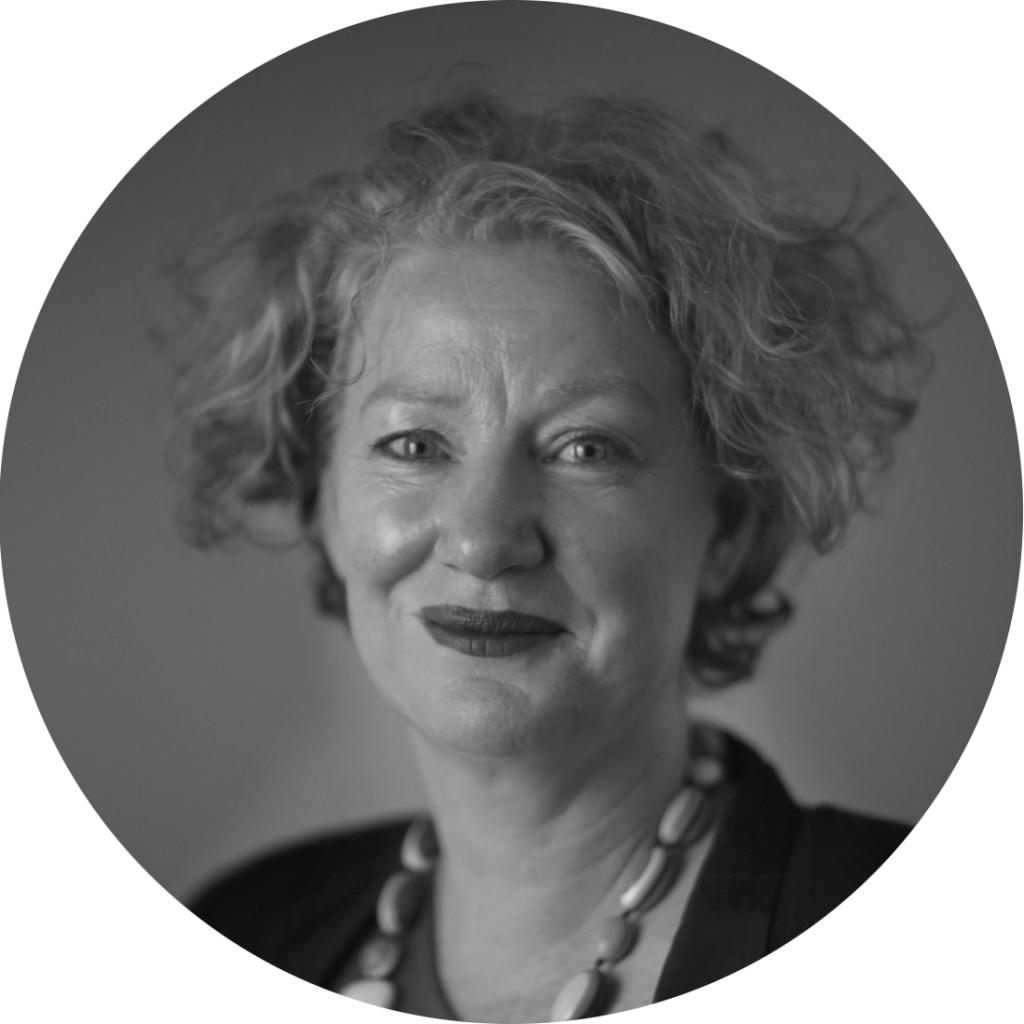
Ms Helen McKelvie
Organisational Role Analysis
A-N Coaching (accredited)
Organisational Analysis (TEF)
Helen has had over 25 years of working in organisations to inform her approach to helping others gain insights into how they take up roles and how to achieve greater alignment with individual, team and organisational purpose. Her own roles as internal planning consultant, policy and project manager, and lawyer in workplaces in both the public and private sectors have provided her with first-hand experience of the complexity and challenges of organisational life.
In her coaching practice Helen is passionate about nurturing each client’s leadership potential in whatever role they are in, or are aspiring to. Her areas of particular interest include: working with the challenges and benefits of cultural diversity; supporting new career directions, ‘What’s next?’; and understanding how to achieve ‘successful succession’.
Helen creates a safe, reflective space for respectful communication and connection, opening up possibility for deep learning and growth.
Helen is an alumnus and now teaches in the Master’s program at the National Institute of Organisation Dynamics Australia (NIODA). She also has a Bachelor of Laws and Bachelor of Arts from the University of Melbourne. In addition to her academic qualifications Helen is an accredited practitioner of PRISM Brain Mapping, an online, neuroscience-based behaviour mapping instrument, and is a registered A-N Coach, Certified to use the Analytic-Network Coaching System and Certified to coach and debrief the Wild Leadership Questionnaire. Helen also has training and experience in workplace mediation, and yoga teaching qualifications. She is a member of Group Relations Australia.
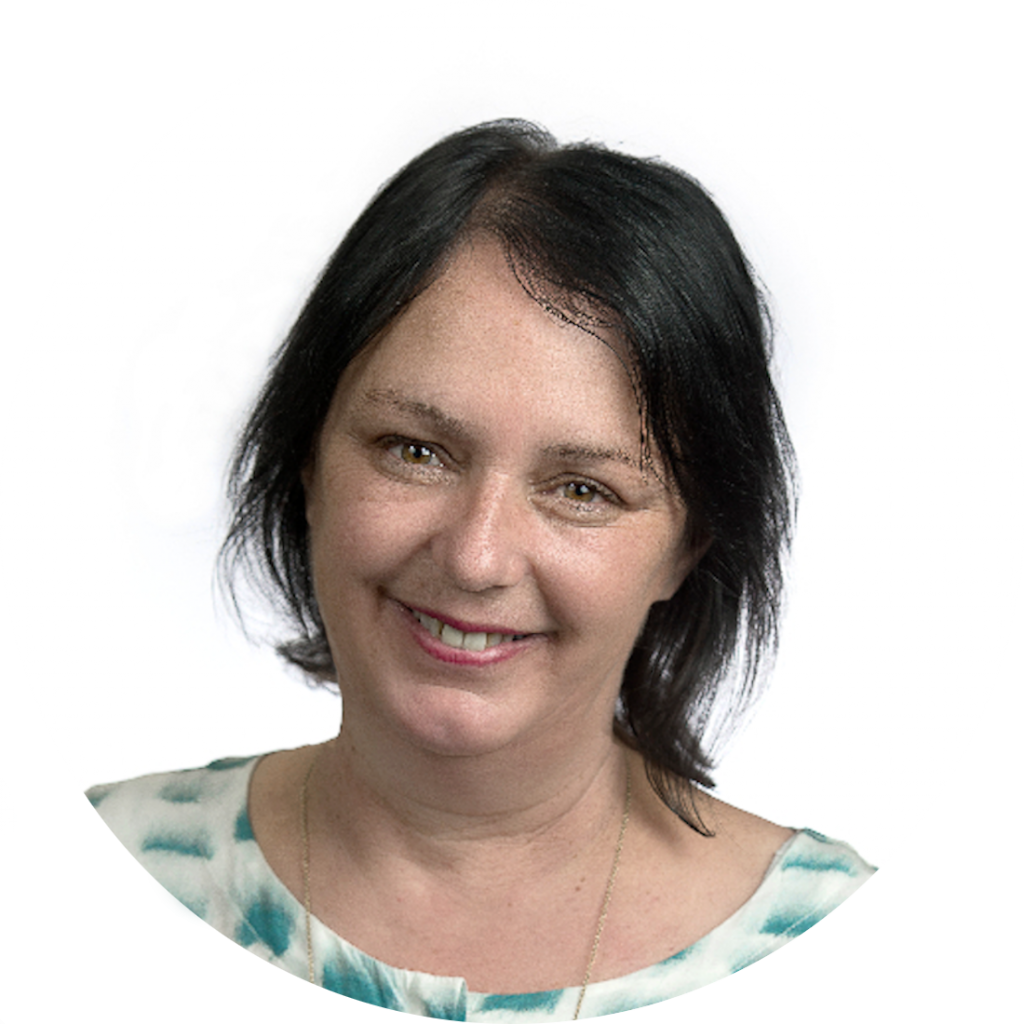
Dr Wendy Harding
Organisational Role Analysis
Organisational Analysis (TEF)
Dr Wendy Harding is a senior practitioner in the Australian and global organisation dynamics field. Dr Harding is the current CEO and Director of Academic Programs at NIODA, having over 30 years’ experience in teaching, consulting, coaching, supervision and research. Across these years Wendy has undertaken many coaching, supervision, consultancy and action research projects in a broad span of organisational settings from large government departments to a variety of corporate and not-for-profit organisations. Organisational consulting projects have focussed on team and whole of organisation development and structural and cultural change, using a range of intervention methods. Individual coaching and supervision have been undertaken with a culturally diverse range of people working at all levels in organisations from executive level to direct service delivery.
Wendy’s coaching/supervision/consulting philosophy is based in strong beliefs in the capacity of people to be able to make change that supports their work. The role of a coach/supervisor/consultant is then to provide opportunity for shared reflection and consideration of the experience of undertaking the work in the organisation. In coaching and supervising deep reflection enables unblocking of obstructions to think, learn and action differently about the work. In organisational consulting what is enabled is the capacity to influence structure, culture and strategic processes, to thus add value to the organisation. Wendy’s practice involves the introduction of theory, method and technologies in support of these considerations, however, at its core is always about reflection and dialogue; about people working constructively together.
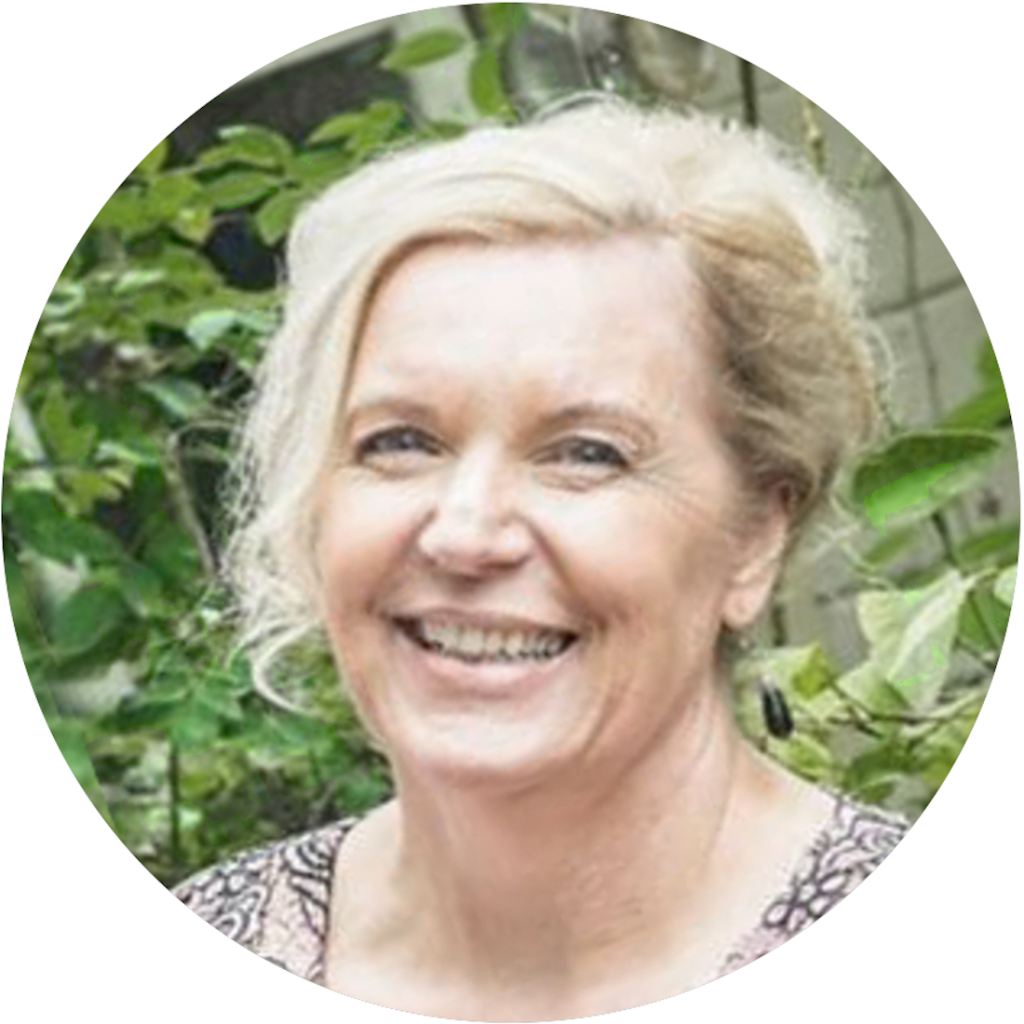
Ms Jennifer Burrows
Organisational Role Analysis
Organisational Analysis (TEF)
I bring systems thinking and a socioanalytic lens to help organisations and individuals thrive in complex environments. I approach coaching through working collaboratively with the person being coached, holding the tension between leaving space for emergence and achieving the desired outcomes, using the unique situation and presenting needs as the starting point. The co-created results are relevant, immediately applicable and owned by the participants.
I have extensive experience working in the education sector leading change innovations, as well as with Boards of not-for-profit companies. I hold a Masters in Philosophy of Social Innovation (Organisational Analysis & Leadership) through the Grubb School of Organisational Analysis, as well as a Master of Business (Training & Change Management) and other qualifications in education. I am a Board member of Annecto, a not-for-profit age and disability support organisation, and a Director of Group Relations Australia.
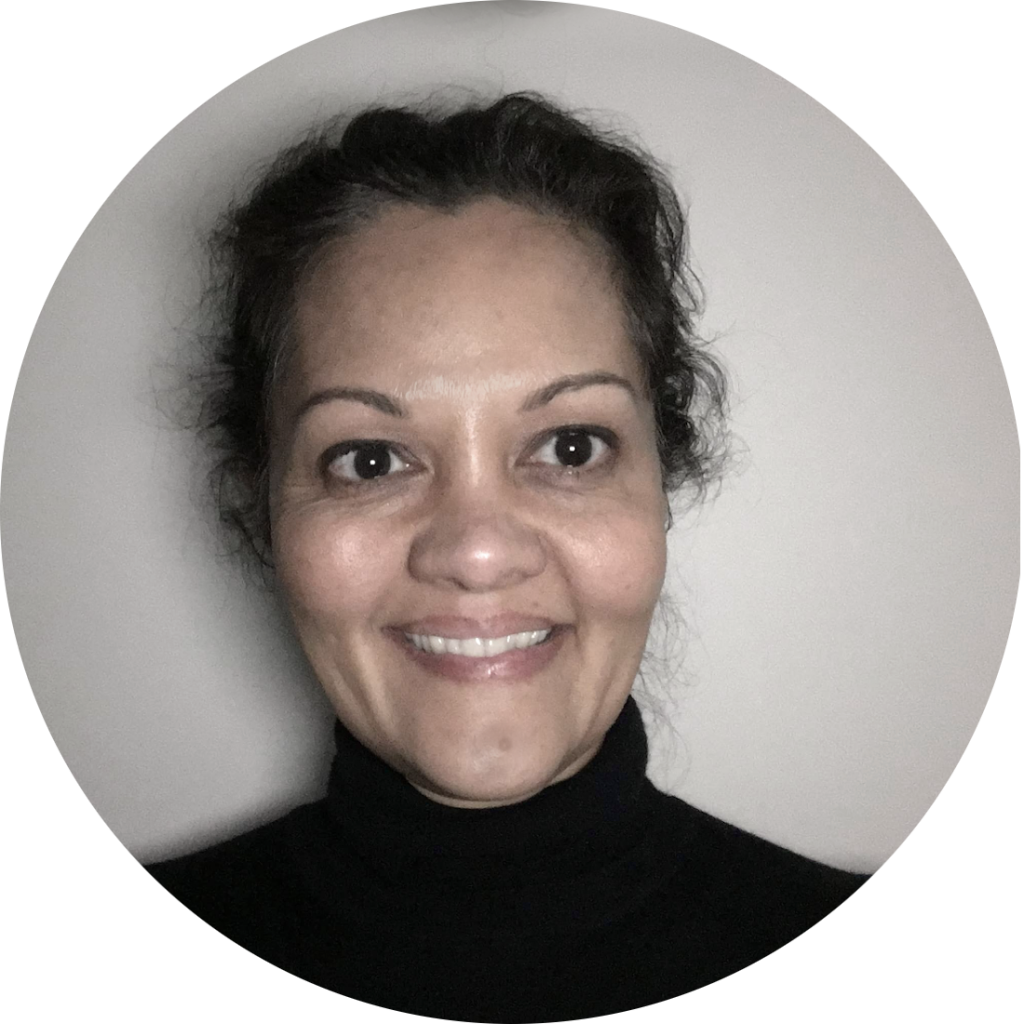
Ms Laurette Chang-Leng
Organisational Role Analysis
A-N Coaching (accredited)
Organisational Analysis (TEF)
Laurette is a mindful leadership coach who works with current and emerging organisation leaders to develop and understand their own leadership style.
Laurette’s aim is to work with you so that you become a confident, compassionate leader who is able to work within the volatile, uncertain, complex and ambiguous organisations.
Laurette’s experience in complex organisations is coupled with master’s in leadership and management (organisation dynamics). This marriage of both practical and theoretical knowledge provides an approach to understanding leadership in organisations.
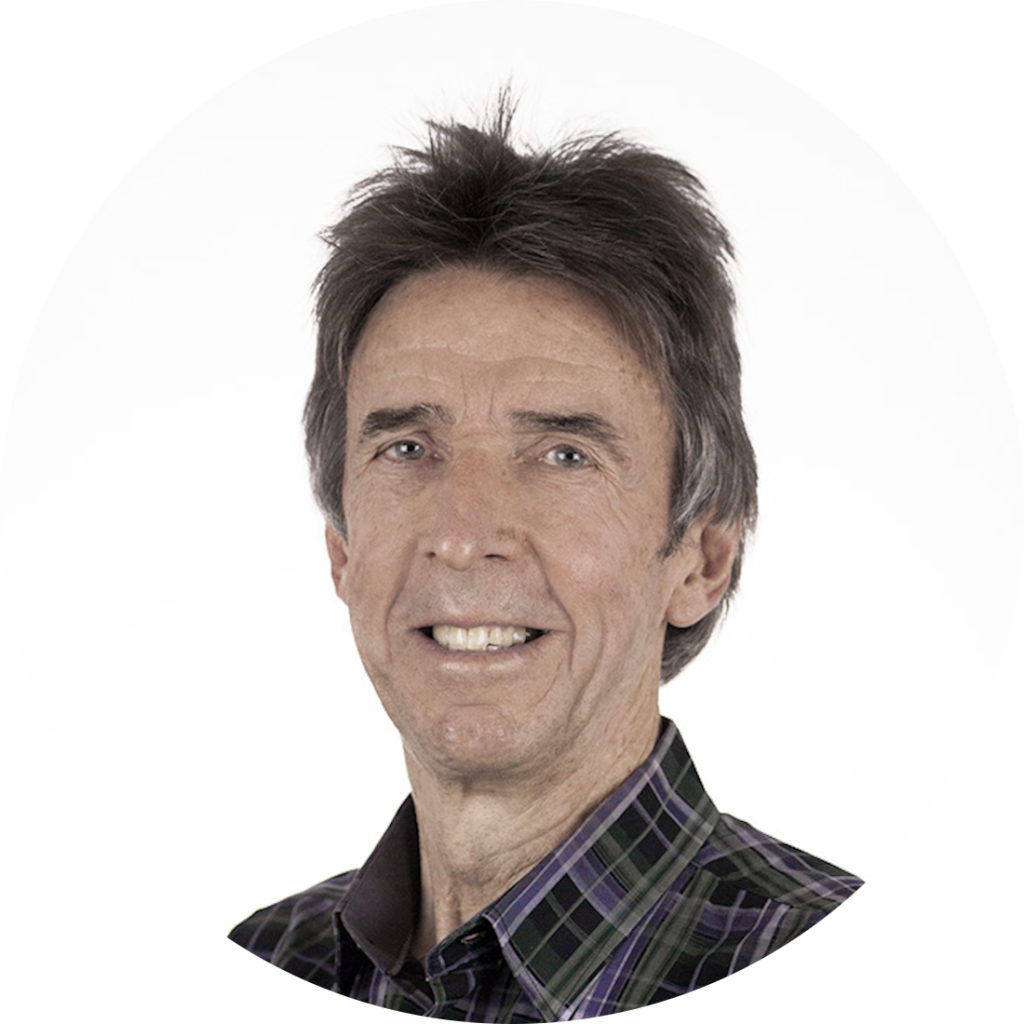
Mr Rob Ryan
Organisational Role Analysis
A-N Coaching (accredited)
Organisational Analysis (TEF)
Rob specialises in coaching, strategic planning and evaluation, organisation and service reviews, team and leadership development and stakeholder engagement in government, business and not-for-profit sectors. He has nineteen years experience in coaching and consulting to a variety of organisations on projects involving evaluation, review and capacity building.
Rob’s approach is informed by his previous CEO, service management, workplace relations and education leadership roles. He has high level skills in designing and leading large change projects and also in working with individuals, boards, leadership teams and other work groups.
He has supported many organisations in coaching individuals, reviewing and developing governance structures and processes and has had leadership roles in many not-for-profit organisations. He is currently the Director of Administration of the International Society for the Psychoanalytic Study of Organisations and also co-convenes their Australian activities.
Coaching supports continuous holistic learning. Often today, the generic versions of ‘coaching’ (and some counselling) can involve treating work challenges as being derived primarily from individual inadequacies, and therefore the interventions focus on changing these – individuals tend to be pathologized, as if they ‘need fixing’.
Therefore, it is important to examine the client’s experience of the work system, how they ‘see’ it, ‘feel’ it, exploring overt assumptions and also exploring what may be out of their awareness, but which is influencing their experiences.
This form of holistic coaching provides insights into the whole of the experience and enables a re-integration of perspectives on what is happening and why it may be happening. This provides opportunities for development of better informed insights and more effective action than may occur solely through, for example, a purely goal-based coaching program.
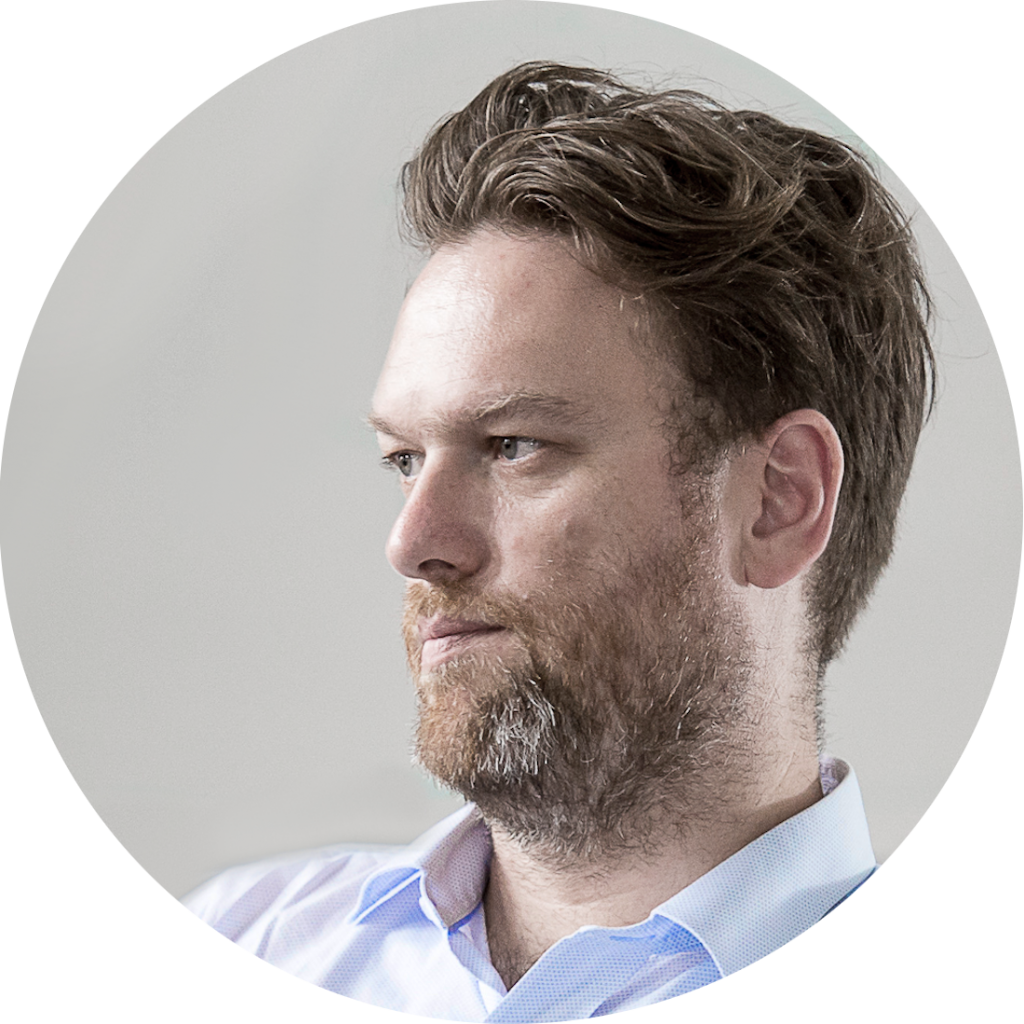
Mr Thomas Mitchell
Organisational Role Analysis
Organisational Analysis (TEF)
Over the last several years Thomas has enhanced his extensive professional experience by learning from, and working with, leaders across the executive coaching, group dynamics, and systems psychodynamics fields. A graduate of the NIODA Master of Leadership and Management – Organisation Dynamics, Thomas combines a deep understanding of working in large organisations with a passion for supporting others as they work toward achieving their goals and gaining deeper awareness of their actions and drivers. Highly skilled in creating a safe environment to support participants explore their roles, Thomas manages the balance between empathy and candour allowing participants to feel secure whilst having their assumptions challenged.
Leadership coaching in-depth: get at what’s really going on
Working with a NIODA coach you’ll be taking the opportunity to look below the surface to understand what’s really going on with your leadership role.
Book a free discovery conversation
PO Box 287, Collins Street West,
Melbourne 8007 Australia
+61 (0) 414 529 867
info@nioda.org.au
NIODA acknowledges the Kulin Nations, and respective Traditional Custodians of the lands we work on.
We pay our respects to Elders past and present, and recognise their enduring sovereignty which has, and continues to, care for Country.
NIODA welcomes the Uluru Statement from the Heart’s invitation to walk with Aboriginal and Torres Strait Islander peoples in a collective movement for a better future.
